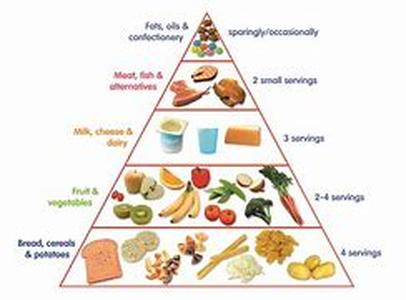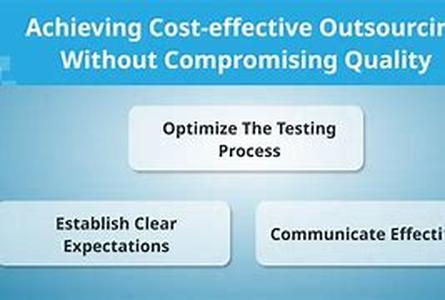
Basically, Anything That Is Not Naturally A Part Of A Food Is Considered A Food Additive. Food Coloring Additives Are Some Of The Most Common Ones. Anything That Contains Artificial Coloring, For Example, Is In This Category. Although Certain Artificial Colors Have Been Shown To Occasionally Contribute Bad Health Effects, Most Of The Time Those Have Been Promptly Removed From The Food Supply. Artificial Flavors, Similarly, Are Extremely Common Food Additives. If You Enjoy Candy, Bubblegum, Chips, Soda, Or Any Other Of The So-called Junk Foods, Chances Are That You Are Having Some Artificial Flavors. Even Some Health Foods Contain Artificial Flavoring. It Really Isn't Anything To Worry About Too Much.The Most Important Food Additives Are Preservatives. Before Modern Food Manufacturing, There Were Some Natural Substances Used To Preserve Food. One Of My Friends Always Laughs Whenever She Sees Salt And Vinegar Chips With The Label No Preservatives. Both Salt And Vinegar Are Actually Effective Food Preservatives. Salting Fish And Meat, As A Matter Of Fact, Is One Of The Oldest Techniques To Preserve It. When Sailors Were Soldiers Were Going On Long Journeys, They Would Take Salted Food Along So That It Would Last Them For Months.Some Food Additives Are Added To Preserve The Consistency Of The Product Or To Give A Certain Feel Or Texture. For Example, Peanut Butter Generally Contains Partially Hydrogenated Oils. This Is The Only Way To Keep It From Separating. Although Too Many Partially Hydrogenated Oils Are Not Very Good For You, Having A Little Bit In Your Peanut Butter Isn't Going To Hurt Much.





